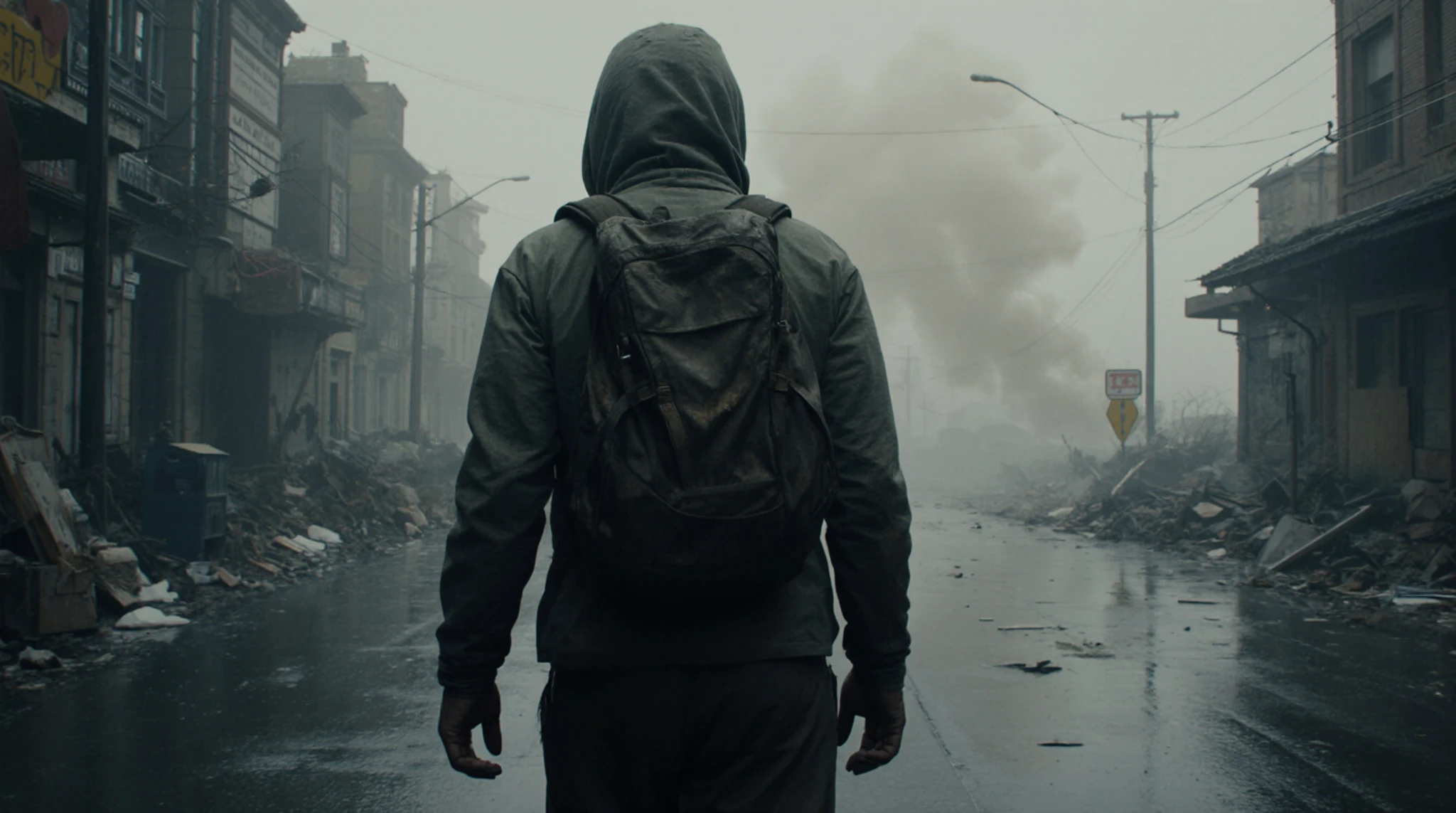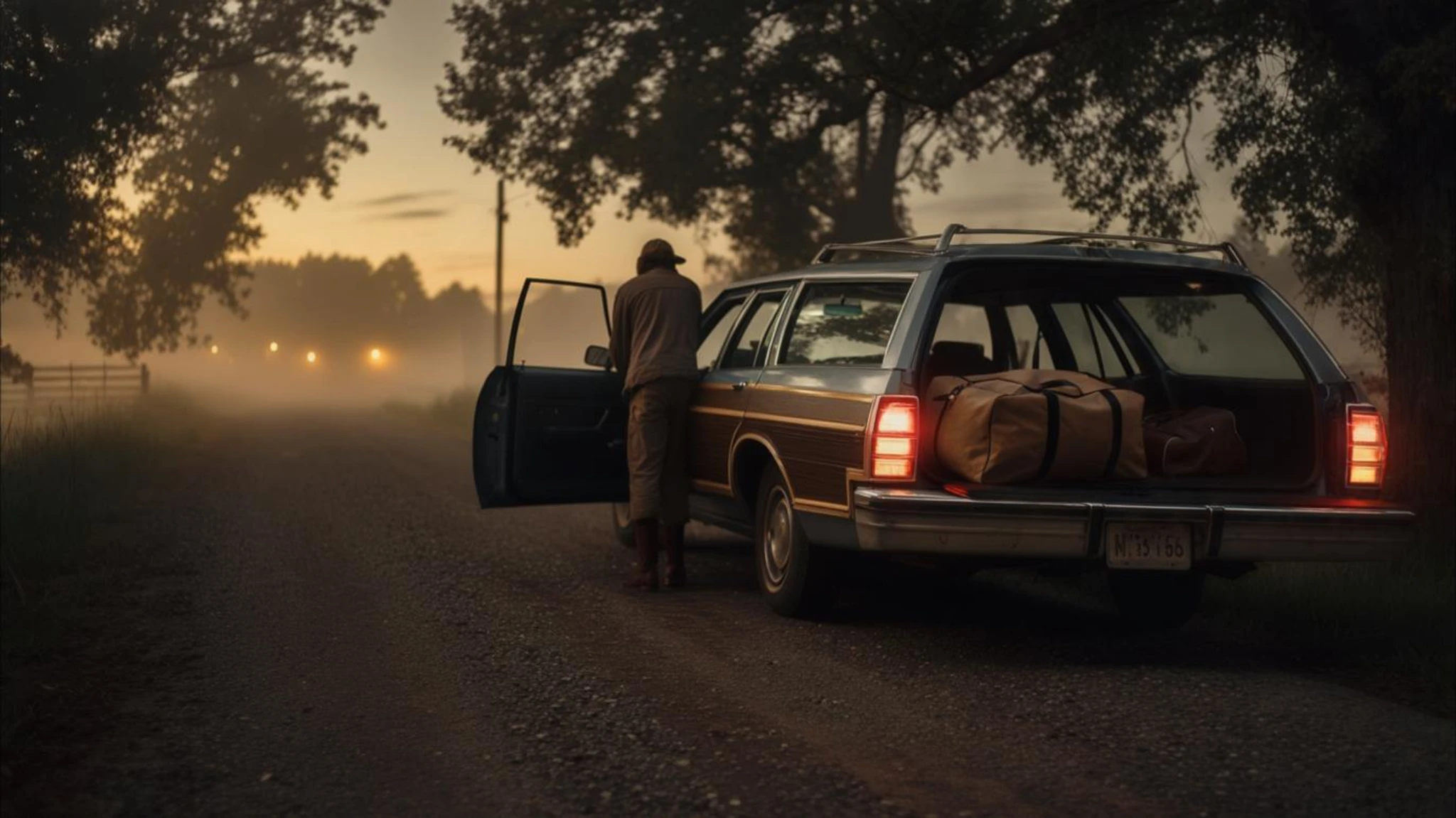It doesn’t matter how much you’ve stored, how detailed your plans are, or how many skills you’ve mastered—if you freeze in the first hour, you may never get another chance.
When the world falls apart, the first sixty minutes are pure chaos. Sirens wail. Phones blow up. The news is scattered, contradictory—or completely silent. Social media floods with rumors. Smoke rises in the distance.
And in that moment, most people hesitate. They second-guess. They wait for confirmation. They think, “Maybe it’s not that bad.”
But for those who know better—those who’ve trained for this moment—that first hour is everything.
Because once martial law is declared, borders are closed, riots erupt, or convoys roll into your neighborhood, it’s already too late.
The Clock Starts the Moment It Breaks
You won’t get a clear signal that it’s time to go. Collapse is messy. Maybe the power dies and doesn’t come back. Maybe there’s a cyberattack, and ATMs stop working. Maybe you hear gunfire downtown. Or maybe it’s just a text from someone on the inside that says: “Move now.”
When that happens, the ones who make it aren’t the ones who rush to check the news. They’re the ones who move, immediately—because they’ve already decided what to do.
They know where their gear is. They know what they’re grabbing. They’ve walked the route. They’ve imagined this moment a hundred times.
What You Do in the First Hour
Here’s the hard truth: if you’re not out the door in under an hour, you’re probably not going at all.
Roads get jammed. Checkpoints appear. Bridges get closed. Supermarkets turn into riots.
So what should happen in that hour? Everything.
Gear grab: You’re not packing a bag—you’re grabbing the one that’s already packed.
Last-minute fills: You fill your containers with water while the taps still work.
Disconnection: You wipe or leave behind digital devices that can be tracked.
Departure: You leave. No lingering. No waiting for a “better” sign. You’re gone.
If you have others, you’re guiding them. If you’re solo, you’re silent and swift.
This is not the time for indecision. This is execution.
Why Most People Fail
Most people don’t believe it’s real—until it’s too real. They overthink. They wait for the news to confirm what they already see. They waste precious time debating whether to go to work or call family.
Some of them start filming. Some try to hit the store one last time. Some just sit, paralyzed.
By the time they act, it’s already too late. Roads are closed. Gas is gone. Panic has set in. Their chance to disappear quietly is over.
Your First Hour Mindset
The ones who survive? They think like this:
“I can always turn back. I can’t redo hesitation.”
“If I leave too early, I lose a little comfort. If I leave too late, I lose everything.”
“No one is coming to save me. That’s my job.”
This isn’t paranoia. It’s preparation. A calm, practiced response that doesn’t rely on permission or consensus.
Prepping for the First 60 Minutes
It all comes down to decisions made long before the crisis. If you’re serious about surviving the first hour, you need:
A go bag packed, updated, and ready to grab—today.
A bug-out plan you’ve rehearsed. Not just on paper. You’ve walked or driven it.
A set of red flags that trigger immediate action—no debate, no delay.
A communication protocol for family, or a pre-agreed rendezvous point.
The mindset to act without consensus.
And above all: practice. Run drills. Time yourself. Simulate panic. Build muscle memory.
Because when the real moment hits, you won’t rise to the occasion. You’ll fall back on what you’ve trained.
You Can’t Afford to Be Average
Average people won’t make it out. They’ll still be refreshing the news. Asking neighbors if it’s serious. Standing in line for gas while the city burns behind them.
You? You’re already gone. Moving quietly. Ahead of the crowd. Through the side roads while others pile onto the freeway.
You’re watching the collapse from a distance—because you refused to be trapped inside it.
The first 60 minutes aren’t just critical—they’re everything. If you wait for someone to tell you it’s time to move, you’ll wait until the doors are closed, the bridges are burned, and your fate is sealed.
So decide now: when the clock starts ticking, are you a spectator—or a survivor?



